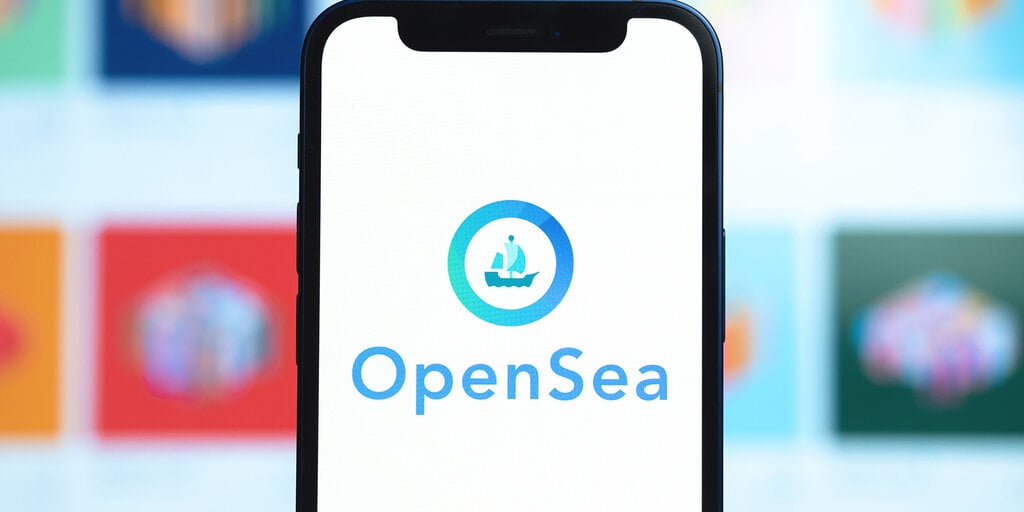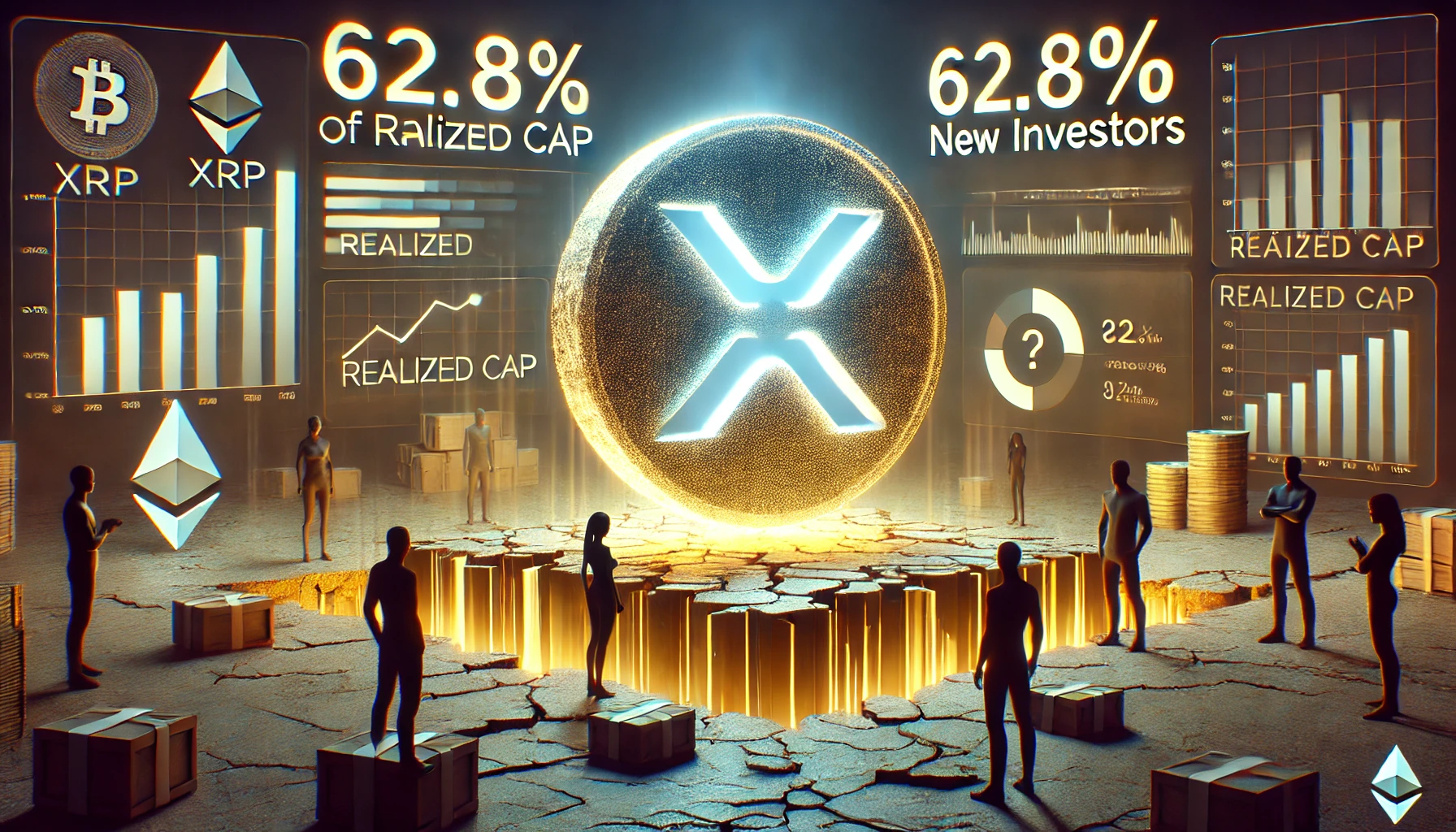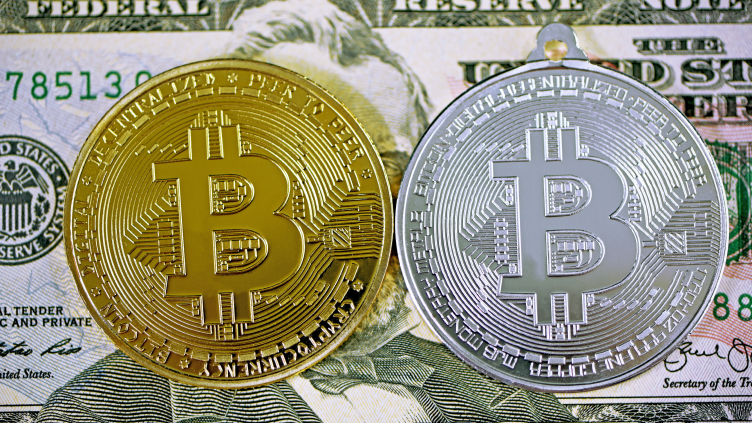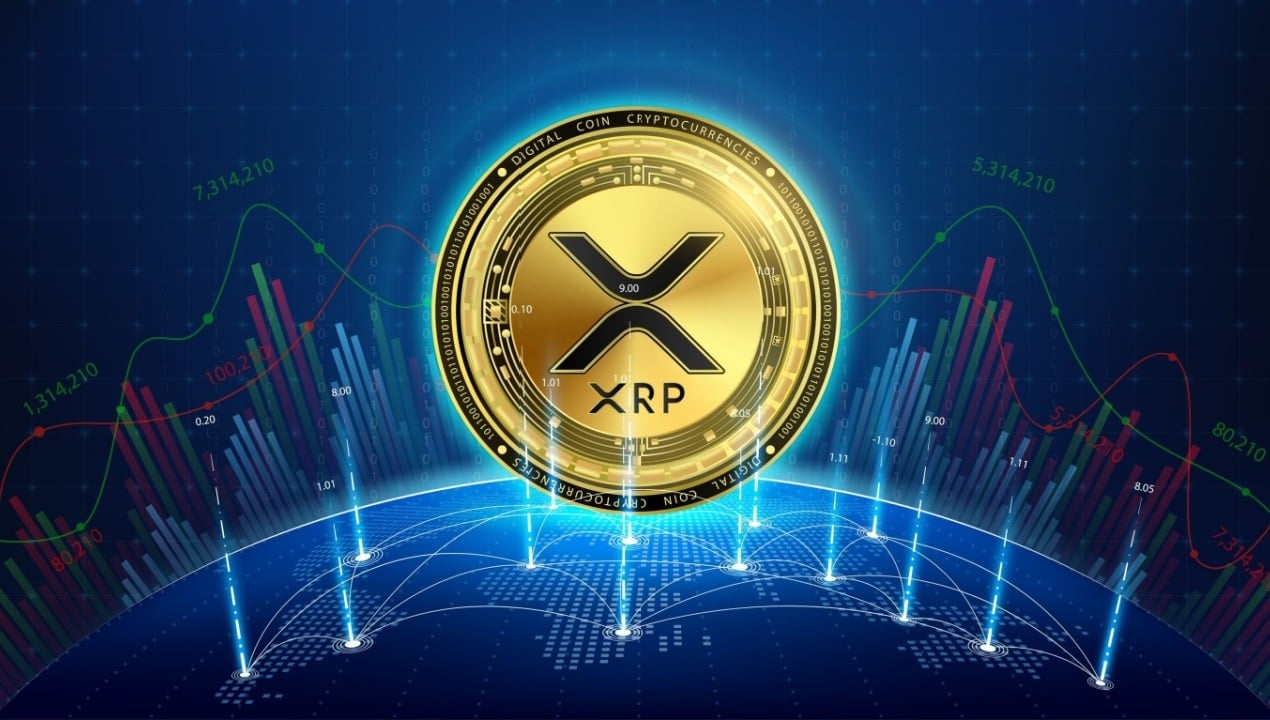OpenSea’s Call for Clarification: NFT Marketplaces, Exchanges, and Brokers
OpenSea, the leading decentralized marketplace for cryptographic art and other non-fungible tokens (NFTs), has recently expressed its concern regarding the lack of regulatory clarity in the NFT space. The company, which prides itself as a digital bazaar, has urged regulators to establish a clear distinction between NFT marketplaces, exchanges, and brokers.
The Role of NFT Marketplaces
NFT marketplaces, such as OpenSea, serve as platforms where creators can sell their unique digital items and collectors can purchase them. These marketplaces typically charge a fee for facilitating the transactions, acting more like intermediaries than traditional marketplaces. They do not control the underlying assets or handle the transfer of ownership.
The Role of NFT Exchanges
NFT exchanges, on the other hand, enable the trading of NFTs between users, often using automated market makers or order books. They allow users to buy and sell NFTs directly with one another, without the need for intermediaries. These platforms typically charge a fee for each transaction, similar to traditional stock exchanges.
The Role of NFT Brokers
NFT brokers act as intermediaries in NFT transactions, connecting buyers and sellers and facilitating the sale for a commission. They handle the transfer of ownership and the payment between the parties, making the process more accessible to those who may not be familiar with the complexities of blockchain transactions.
Regulatory Clarification: A Necessity for the NFT Space
OpenSea’s call for regulatory clarity stems from the need to distinguish between these different types of platforms and their respective roles in the NFT ecosystem. This distinction is crucial for ensuring that regulations are applied appropriately and that users are protected. For instance, marketplaces and exchanges may be subject to different regulatory frameworks, such as consumer protection laws or securities regulations.
Impact on Individual Users
For individual users, regulatory clarity can bring several benefits. It can provide a clearer understanding of the risks and responsibilities associated with buying and selling NFTs. It can also lead to more consistent user experiences across different platforms and increased trust in the NFT market as a whole. Ultimately, this can help attract more users and investors to the space.
Impact on the World
From a broader perspective, regulatory clarity can help foster innovation and growth in the NFT space. It can provide a clearer legal framework for businesses operating in the space, enabling them to build new products and services. It can also help attract institutional investors, further legitimizing the NFT market and contributing to its long-term sustainability.
Conclusion
OpenSea’s call for regulatory clarity is an important step towards establishing a clear understanding of the roles and responsibilities of different players in the NFT ecosystem. Regulatory clarity can benefit both individual users and the NFT market as a whole, fostering innovation, growth, and trust. As the NFT space continues to evolve, it is crucial that regulators work closely with industry players to establish a regulatory framework that supports the long-term success of this exciting new market.
- OpenSea urges regulators to distinguish between NFT marketplaces, exchanges, and brokers.
- Marketplaces, exchanges, and brokers play different roles in the NFT ecosystem.
- Regulatory clarity is essential for protecting users and fostering innovation in the NFT space.
- Individual users can benefit from regulatory clarity through clearer understanding of risks and responsibilities.
- Regulatory clarity can lead to more consistent user experiences and increased trust in the NFT market.
- Regulatory clarity can attract institutional investors and further legitimize the NFT market.





